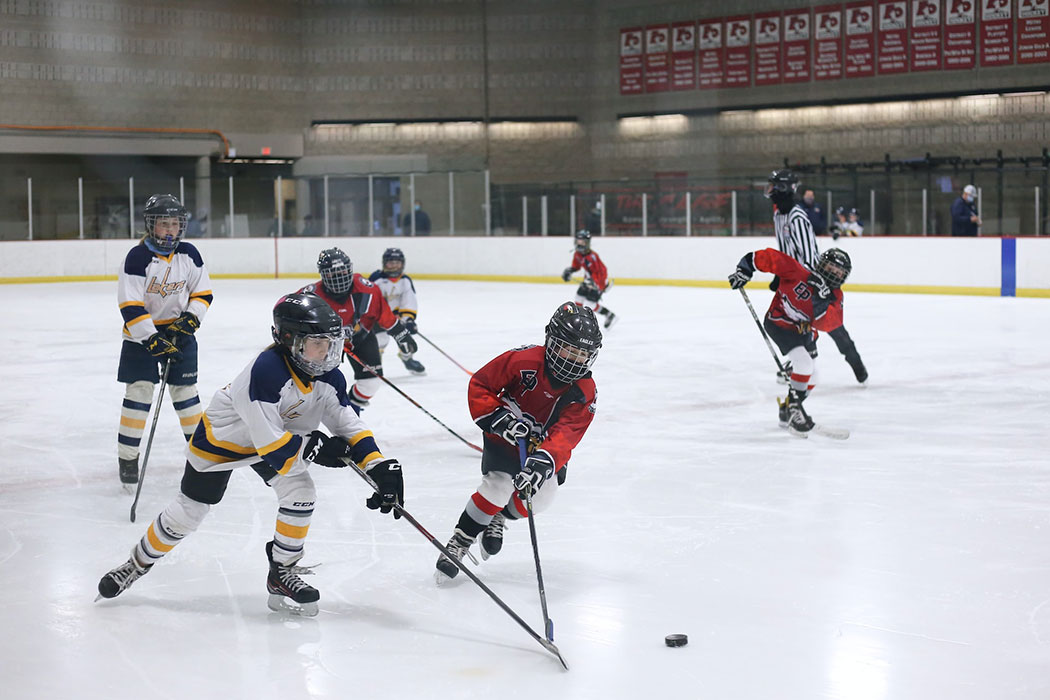
For decades, organised youth sports have been a central part of young people´s everyday lives. This is particularly true in the Nordic countries, where almost all children will have spent time in sports clubs at the point of reaching youth (Piilgaard & Rask, 2016; Strandbu et. al, 2017; Elofsson et al, 2019). However, during youth, many opt for commercial and private arenas such as fitness centers and specialized training offers (Redelius, 2018; Karlsson et al, 2021), as well as self-organised and informal arenas of lifestyle sports (Gilchrist & Wheaton, 2016). While youth studies have explored the significance of such subcultural arenas for the cultural practices and identities of youth (Blackman 2005, 2014; Hodkinson 2016), less attention has been given to organised sport within youth studies. This is detrimental since research at the intersections of sports sociology and youth studies is needed to better understand why some adolescents spend considerable parts of their youth in organised sports, while others opt out of this crucial societal arena.
There are many paradoxes inherent in organised youth sports that deserve further attention. The tradition of organising sports in local clubs has been crucial in the formation of civil society (Korsgaard, 1982; Goksøyr, 2008; Lindroth 1974), and is still acknowledged by the Nordic nation states with considerable economic subsidies (Ibsen & Eichberg, 2012; Norberg, 2021). However, much organised sports do not seem to have kept pace with modern youth, and the voices of youth are often absent in organised sports (Redelius & Eliasson, 2022). Several studies indicate that organised youth sport tends to be oriented towards sporting achievements, and a patriarchal and authoritarian style of coaching prevails (Skille, 2010; Fasting et al, 2011). This runs counter to the increasing attention paid to the rights of children to be involved in all matters that concern them (cf. United Nations Rights of the Children, UNCRC).
When attention is paid to rights, however, the focus is often on autonomous individuals (Reynaert et al, 2009; Quennerstedt & Quennerstedt, 2014). Within organised sport the individual leans into the team, age group, and community, and as such conceptual research is needed on how rights may be comprehended in such communities (Brackenbridge & Rhind, 2014; Donelly et al, 2014). While there is an evolving focus on rights in organised youth sport that manifest in campaigns and events, we need to inquire further into whether such rights are enacted in the everyday practices in sports federations and clubs (Eliasson, 2017; Redelius, 2012; Redelius et al, 2016).
This special issue focuses on the rights for youth TO participate in sports, as well as the rights for youth when participating IN organised sports. The full range of rights stated in UNCRC has been grouped into the 3Ps, Participation, Provision and Protection (Redelius & Larsson 2016). Aspects that all fall within the area of interest for this special issue. Thus, we invite papers that:
-
-
- describe the options (and barriers) for coming to participate in organised youth sports, along with how rights to have a say, express your concerns etc. are played out in organised youth sport.
- examine the unequal provision of organised sport to youth (with disparate backgrounds, abilities, orientations etc.), and whether rights to play, recreation, and well-being are respected in organised sports.
- discuss issues involved in protection of youth from abuse and being exploited by their coaches, managers, parents, and peers in sporting communities.
-
We encourage submissions from early career researchers as well as established researchers. Please note that the Nordic arena is not an exclusionary geography for the papers to be considered. Furthermore, contributors should keep in mind that organised sport for youth is in focus of this special issue, which does not of course exclude that attention can be given among others to children’s rights. We prefer submissions that take an interdisciplinary approach and include attention both to minority and majority youth. Also, preference is given to papers that relate to state of the art in the field of youth studies, while utilizing theoretical perspectives and delivering empirical contributions that will attract wider interest for research published in YOUNG.
Special issue editors
Professor mso Sine Agergaard, Aalborg University, Professor Karin Redelius, Swedish School of Health and Sport Sciences, and Professor Åse Strandbu, Norwegian School of Sports Sciences along with representatives from the editorial board of YOUNG.
Submissions
We welcome both theoretical and empirical articles with a word limit of 5000-8000 words. Please follow YOUNG’s submission guideline: https://journals.sagepub.com/author-instructions/YOU. Deadline is 31st of January 2023. Please indicate that the paper is submitted for the special issue. Papers are subject to anonymous review and will be published early online. The link to submission is https://mc.manuscriptcentral.com/young.








